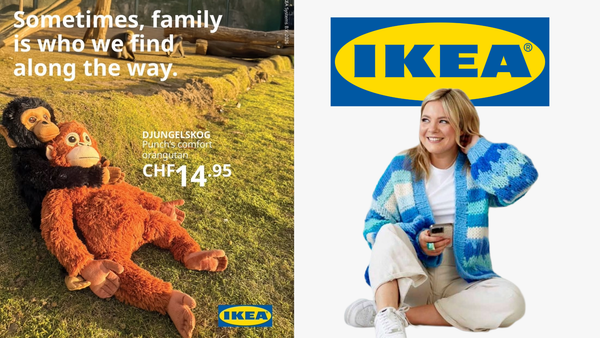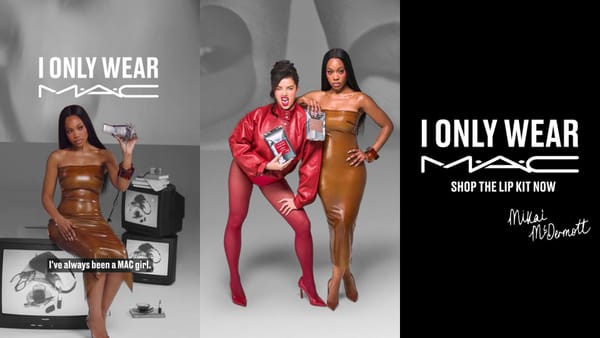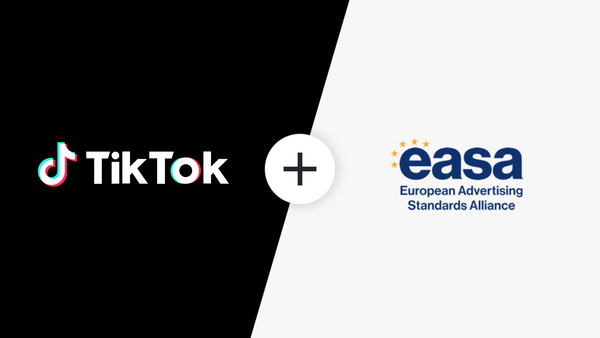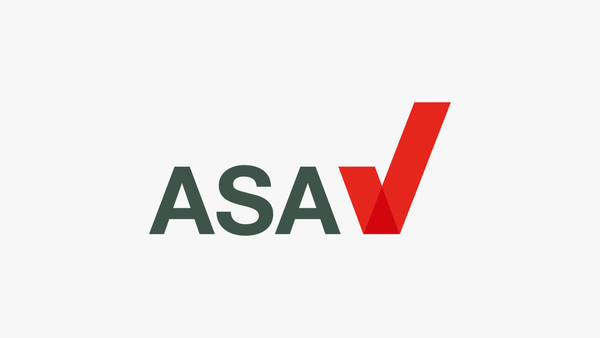#IMSHOW19: The Ethics of Data Privacy in Influencer Marketing

Influencer marketing is a multi-billion dollar powerhouse industry with no signs of slowing down on spending, or efficacy. According to a recent study, it’s been found that businesses and brands can see up to 11x’s higher ROI with influencer marketing than with other, more traditional forms of advertising. More and more brands are turning to influencer marketing to grow their business, spending nearly $8 billion this year alone. That number is only projected to increase as Business Insider recently predicted that brands are set to spend up to $15 billion on influencer marketing by 2022.It’s no surprise that companies are willing to spend if they see real results. But how can those companies be sure their maximizing their return on investment (ROI)? Answer: data collection and analysis.The strategy surrounding successful influencer marketing campaigns is dictated by accurate data collection and analysis. The use of this data can connect audiences, influencers, and brands with similar interests and affinities, thereby increasing engagement and ROI. But the collection and subsequent commodification of this data introduces an incredibly important ethical question: when and how can we accurately report this data without breaching consumer’s privacy?The solution, we believe is two-fold: practice ethical data collection and analysis, and then taking every measure possible to protect that data from being compromised or shared inappropriately.







